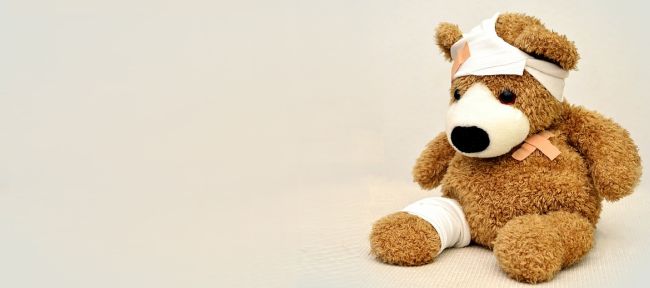
Parshas Vayelech has Moshe handing the reign of power to his beloved disciple Yehoshua, who now will grasp hold of the destiny of the Children of Israel. Moshe does not leave him without first guiding him through the difficult mission of leadership. At the end of Parshas Vayelech, (Deuteronomy 31:7), “Moshe summoned Yehoshua and said to him before the eyes of all Israel, ‘Be strong and courageous and do not be broken before them, for Hashem your G-d — it is he who goes before you.'”
The Torah does not specify what “strong and courageous” actually means. I conjured my own visions of how to be strong and courageous when dealing with a “stiff-necked” nation. It entailed exacting demands and rigid regulations. The Medrash, however, offers a totally diametric explanation.
The Yalkut Shimoni, a compendium of Midrashim compiled in the Middle Ages, discusses a verse in Hoshea. “Israel is but a beloved lad and in Egypt I had called them my child.” It quotes the verse in Deuteronomy 31:7, and explains the words “strong and courageous.” Moshe explained to Joshua, “this nation that I am giving you is still young kids. They are still young lads. Do not be harsh with them. Even their Creator has called them children, as it is written, (Hoshea 11:1) “Israel is but a beloved lad.”
Can the Midrash find no better words to translate the phrase telling Joshua to “be strong and courageous” other than be patience and understanding? In which way does forbearance show strength? How does courage translate as tolerance?
In the years of World War I, a young student who was fleeing the war-ravaged city of Slabodka sought refuge in Tiktin, a village near Lomza, Poland. A prodigious Torah scholar, he compensated for room and board by becoming a simple cheder teacher. He gave his lecture in a small schoolhouse, but the townsfolk were quite suspicious. There were no shouts from inside the one-room schoolhouse as it was with other teachers; the boys seemed to be listening. Rumor had it that the young man even let the children play outside for ten minutes each day in the middle of the learning session.
They decided to investigate. They interrupted his class one morning and were shocked. The kanchik (whip) used by every cheder-Rebbe was lying on the floor near the trash bin. Upon interrogating the children the parents learned that this radical educator never used it.
Outraged, the townsfolk decided to call a meeting with their Rabbi to discuss the gravity of the situation. Who knows what ideas a teacher who would not use the kanchik was imbuing in our children? They worried.
The local Rabbi pointed to a picture of Rabbi Isaac Elchonon Spector, the leader of Lithuanian Jewry. “Do you see that picture of the Kovno Tzadik?” He asked the townsfolk. “One day thousands of homes across the world will have this young man’s picture hanging on their walls.”
The elderly Rabbi was right. The young man became the leader of a generation, teacher of thousands and dean of Yeshiva Torah Vodaath. It was the beginning of, Rabbi Yaakov Kamenetzky’s career in education.
Moshe, the guide and architect of Jewish leadership, was empowering his disciple with a message of guidance. The words “be strong and courageous” embodied leadership of love and understanding. One can not talk of forbearance and patience without talking of strength and courage. But more important: one can not show true strength and courage if he is not patient and understanding.
Copyright © 1997 by Rabbi M. Kamenetzky and Project Genesis, Inc.
If you enjoy the weekly Drasha, now you can receive the best of Drasha in book form!
Purchase Parsha Parables – from the Project Genesis bookstore – Genesis Judaica – at a very special price!
The author is the Dean of the Yeshiva of South Shore.
Drasha is the e-mail edition of FaxHomily, a weekly torah facsimile on the weekly portion
which is sponsored by The Henry and Myrtle Hirsch Foundation
Books by Rabbi Mordechai Kamenetzky:
 |
 |


